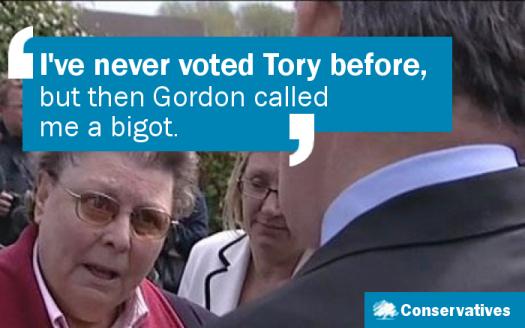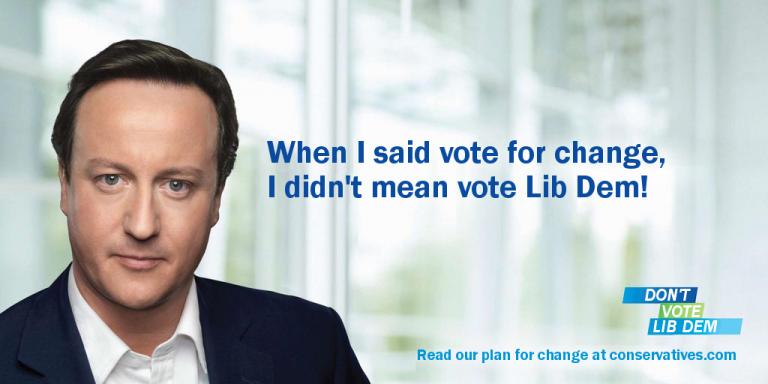Seeing as other sites are doing reality checks on what the various parties are saying, I thought I'd join in. In the first televised election debate Nick Clegg mentioned that 5,000 more managers were employed in the NHS in the last year. He also claimed that the maternity ward he visited in Kingston was under threat of closure. Well here are some other statistics and opinions.
According to the
NHS HCHS and GP workforce statistics (as of 30 September each year), there were 39,913 managers and senior managers in 2008. By 2009 that had risen to 44,661. That's 4,748 (close to 5,000, but technically closer to 4,500 if you decide to round to 2 significant figures instead of 1).
In the same time, the number of doctors went up from 133,662 to 140,897. The number of qualified nurses went up from 408,160 to 417,164. The number of qualified scientific, therapeutic and technical staff went up from 142,558 to 149,596. The number of support (to clinical) staff went up from 355,010 to 377,617. That's an overall increase of 45,884.
So there were almost 45,884 more people working in the NHS to provide care and support to the public (for transparency, there were also an extra 10,464 NHS infrastructure support staff performing central functions, and an extra 1,827 in hotel, property and estates), and there were 4,748 more managers. That's barely over 10%.
Now think about where you work. Think about your org chart. Think about how many people typically work directly under a manager. Is it a real surprise that an extra manager was recruited for every 10 other people that provide care and support? To me, it doesn't sound too shocking (although I'd prefer it were a slightly lower percentage).
Moving on to the maternity ward in Kingston that's "under threat". Well, it's not under any more threat than any other maternity wards in the area. In a statement, the clinical directors for Healthcare for South West London - Gavin Marsh, Dr Howard Freeman and Dr Martyn Wake - said:
"Hospitals and PCTs are looking to improve all healthcare services in south west London but there are no proposals to close any service in south west London."
"This work is at an early stage and has not considered any specific sites for closure nor have they agreed any numbers of hospitals that will be required to deliver A&E, maternity, complex surgery, critical care or specialist children’s care."
A spokesman for Kingston Hospital NHS Trust said:
"Kingston Hospital welcomes the debate on how healthcare provision is best organised in the future. Senior clinical staff have been working with NHS London on the south-west London Review for some time now."
"Kingston Hospital has provided the community with excellent maternity and A&E provision for many years and we look forward to continuing to provide an increasingly enhanced service to our community in the future."
Conservative Councillor Geoffrey Austin (councillor for Canbury Ward which includes Kingston Hospital) recently wrote on the 'Save Kingston Hospital' Facebook group:
"Kingston Hospital Trust stated at their quarterly public meeeting this morning (Wed) that they weren't aware of any decisions having been made - and they are actually involved in the current consultations!"
Politicans need to put their facts and figured into context, and they need to stay away from scaremongering (there are suggestions that the idea of the maternity warn closure was started by a Lib Dem activist named Dan Falchikov).

